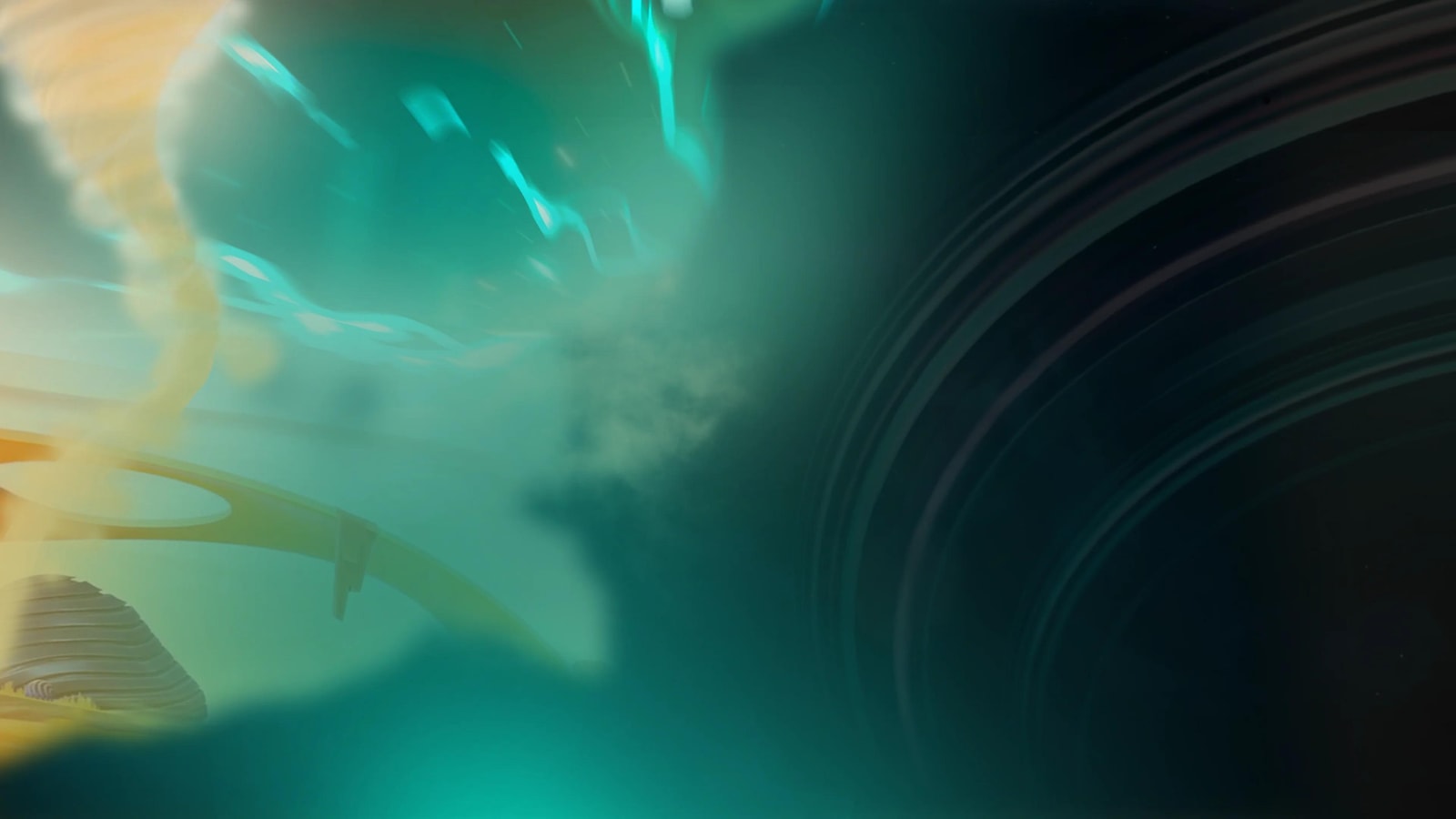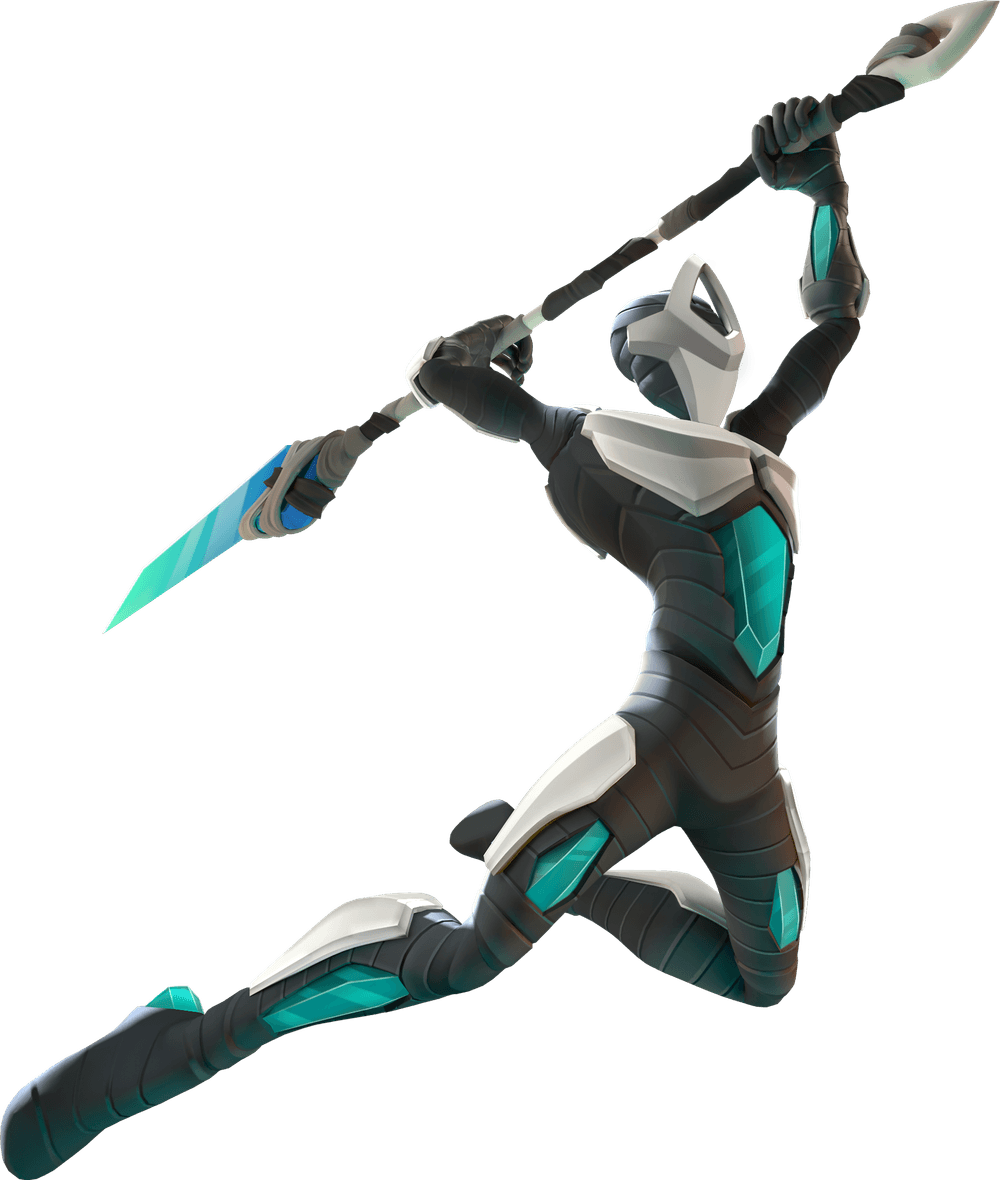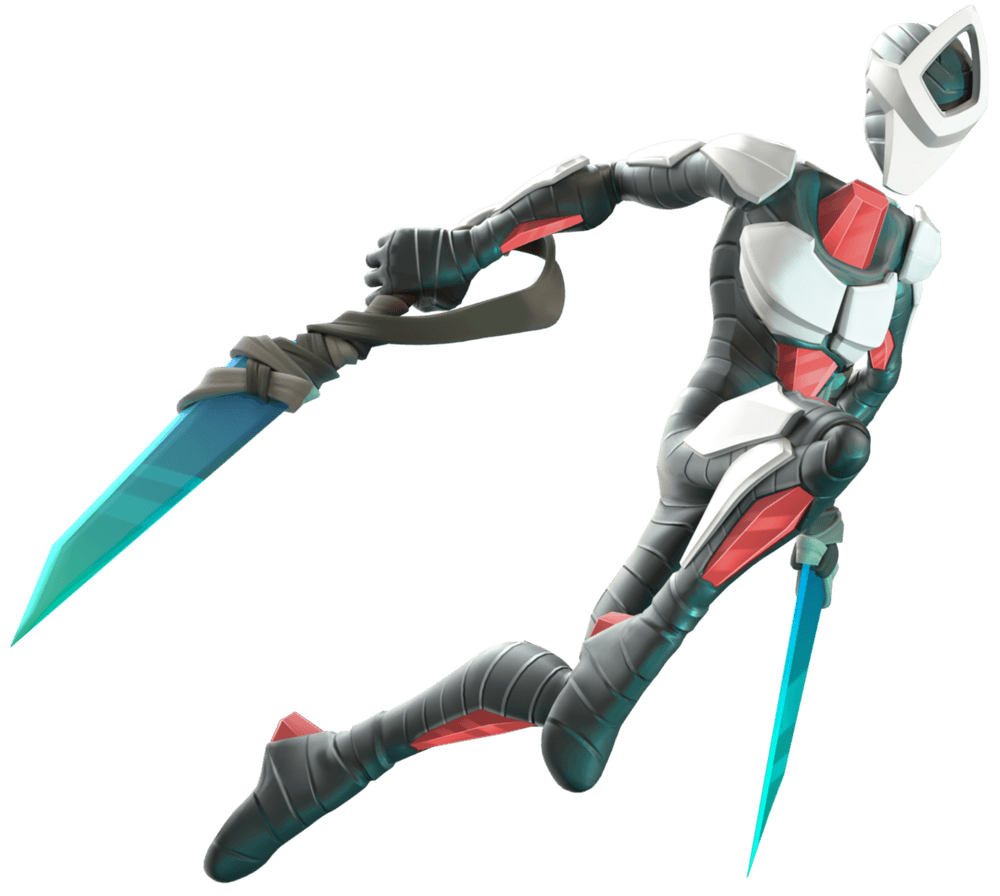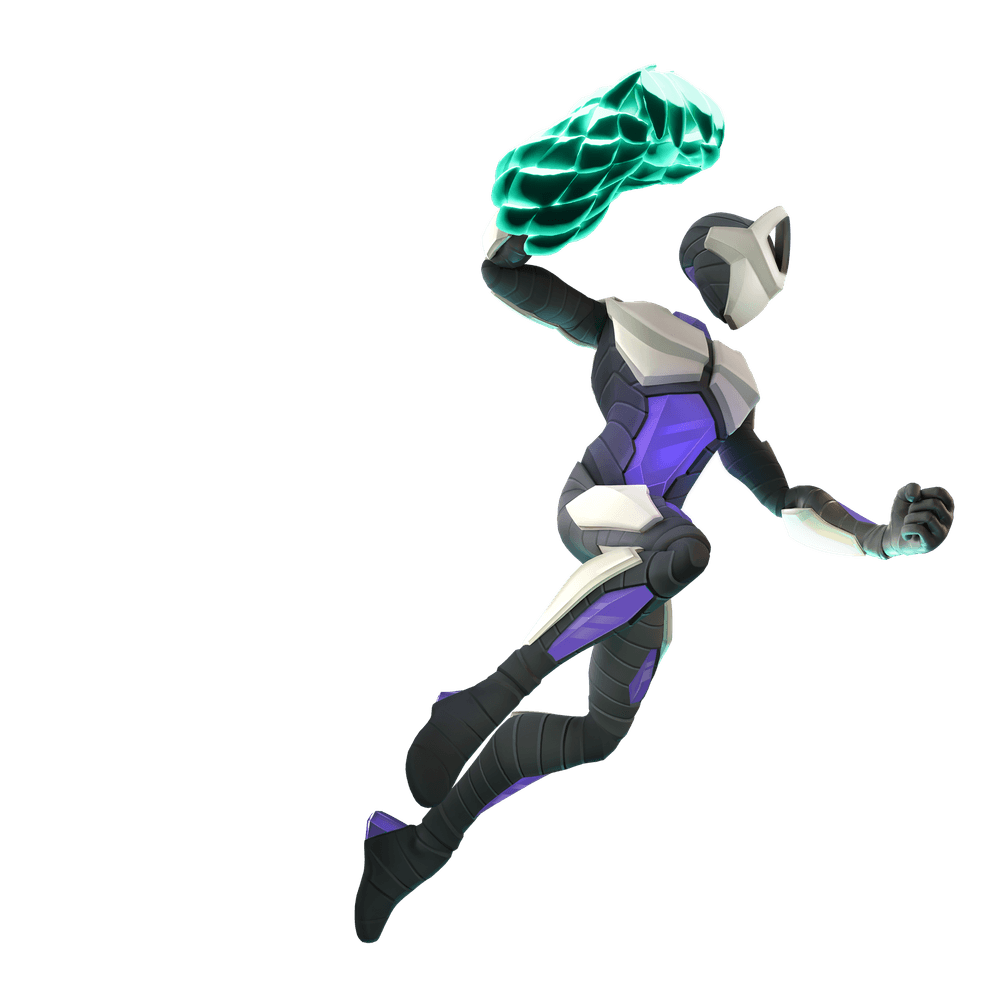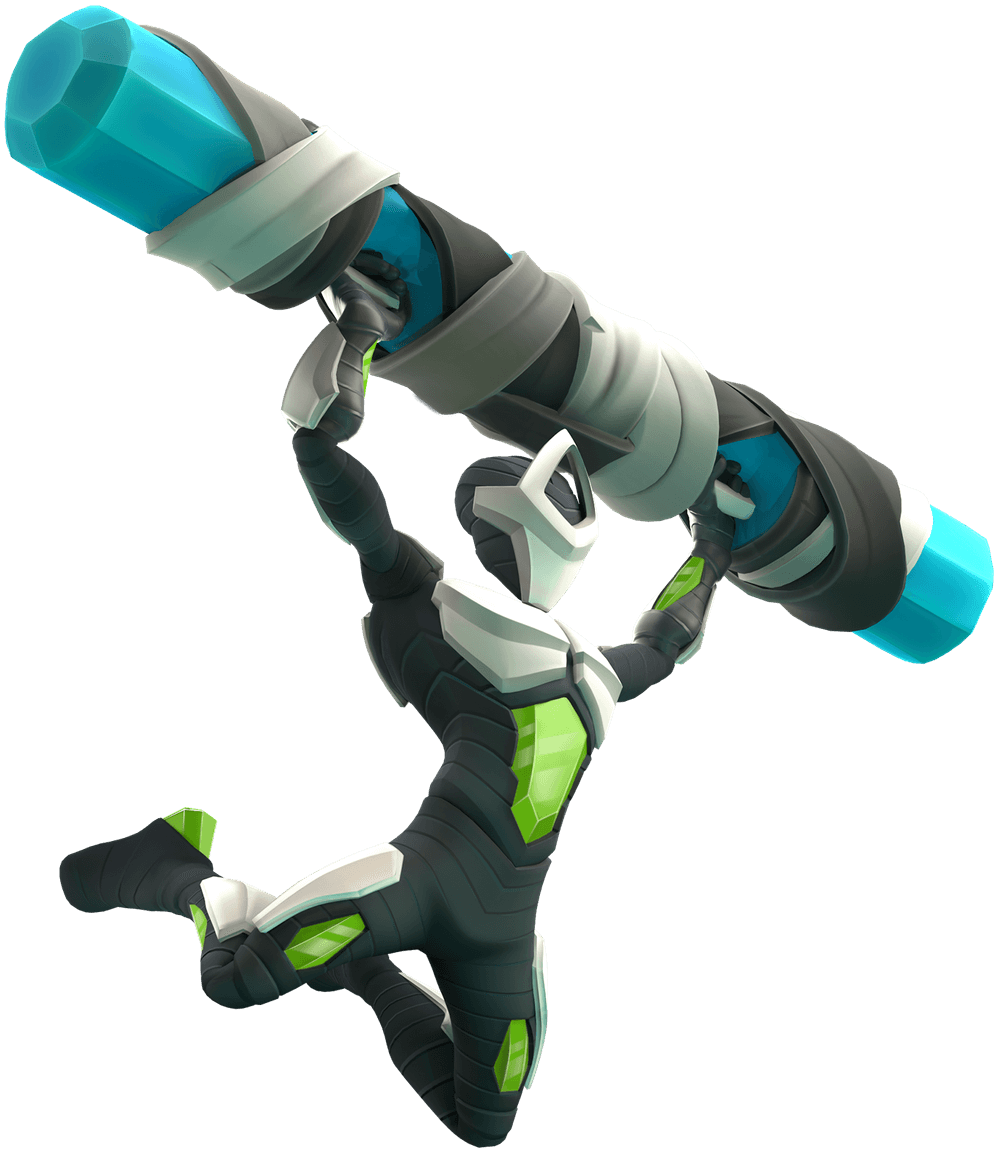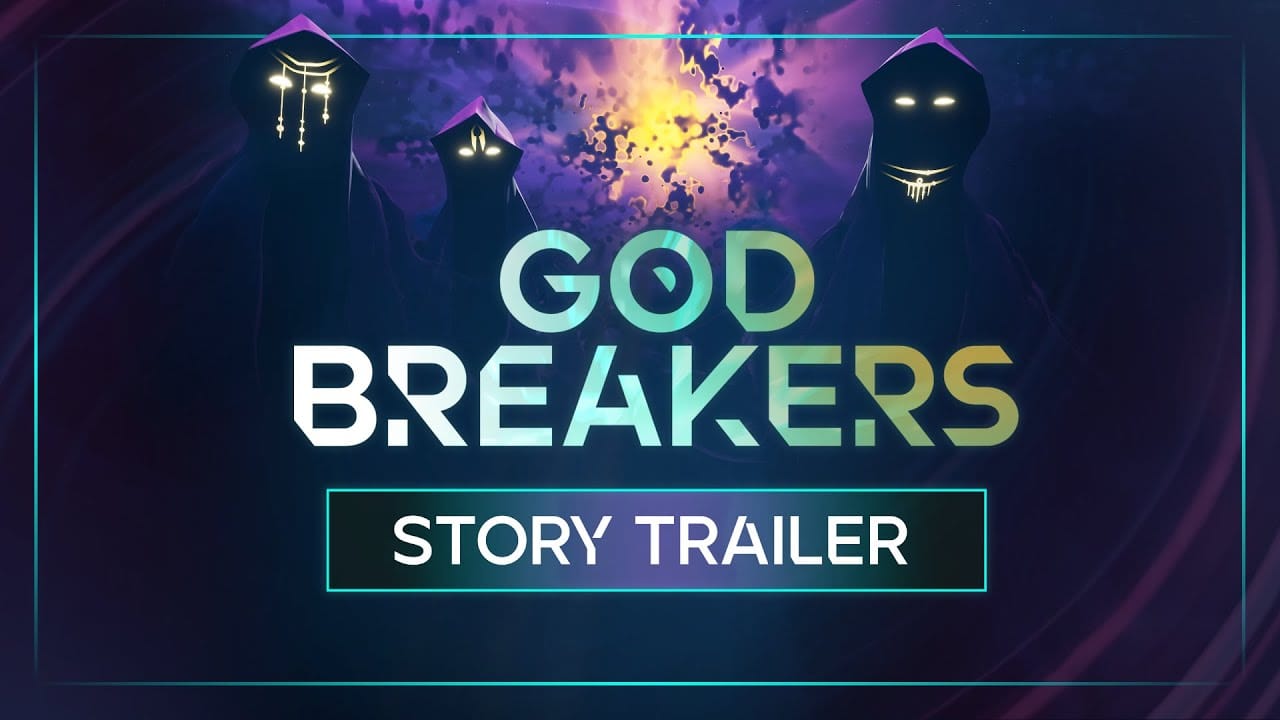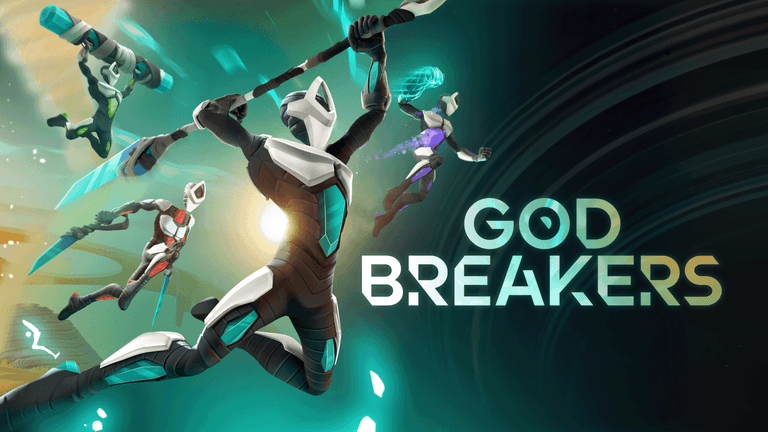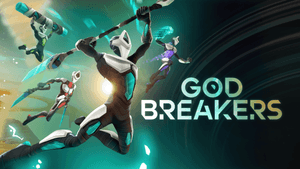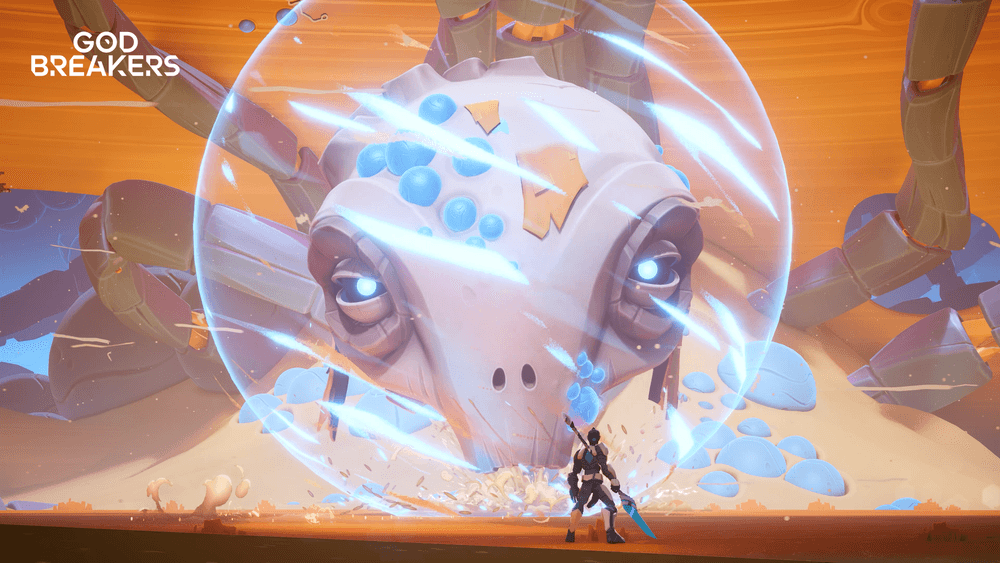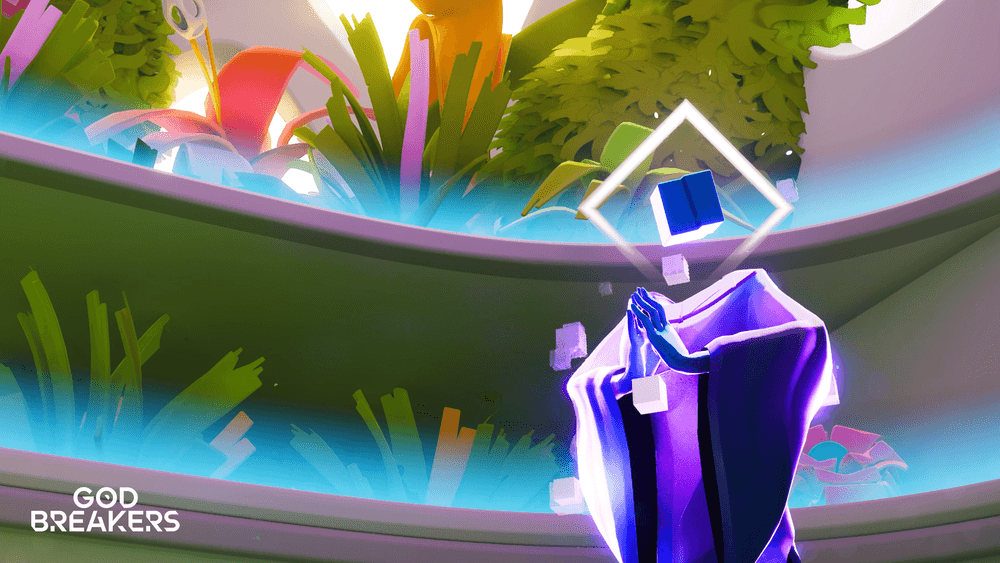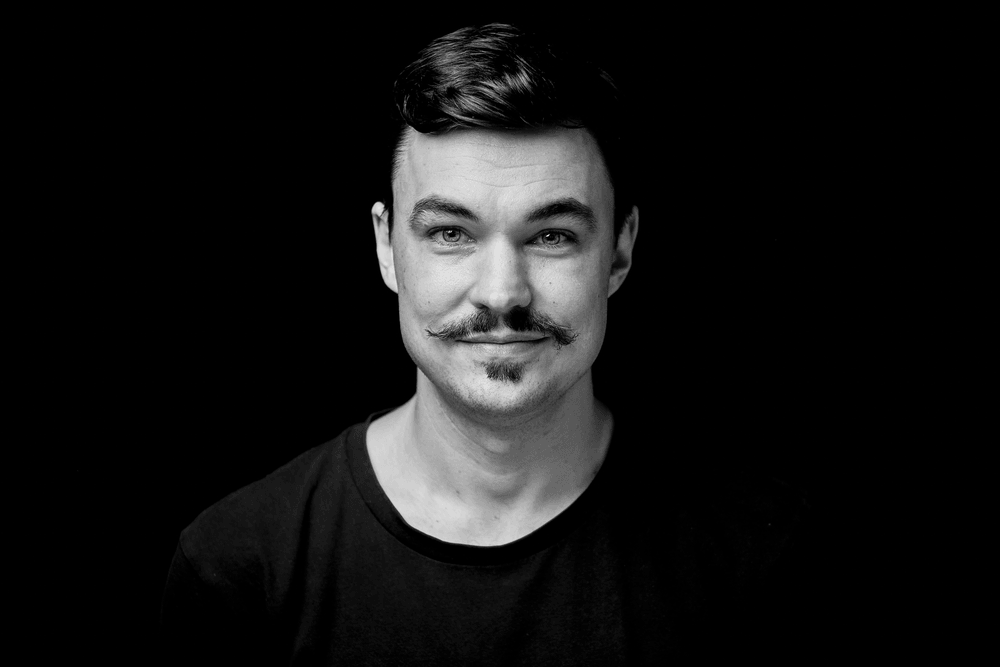Hi everyone, I'm Erik Fagerholt, the Narrative Director here at To The Sky. First of all, we’re incredibly grateful for the amazing support! It’s been awesome seeing so many of you jump into the updated demo and push Godbreakers into the top demos during Steam Next Fest.
Thank you for playing, sharing feedback, and helping us make the game even better!
STORY PRIMER
Godbreakers takes place at an unspecified time way in the future. All that remains of us at this point is the last machine we ever built, an artificial mind called the Monad.
Our entire solar system has been turned into a substance called Prima Materia. Every atom in existence has basically been co-opted into a giant computer running the Monad's endless calculations.
But as the Monad grows in power, the sun itself begins to dim, and this draws the attention of the Coven.
This celestial sisterhood is tasked with caring for the stars of the firmament, and the sun just so happens to be one of their most precious pearls; they will not allow it to fade without a fight.
Unable to intervene directly, the Coven spins bodies for the human patterns they find lingering in space and sends them on a quest to destroy the Mondad and save the sun…
But save it for whom?
WORLD & SETTING
When we first started to craft a world and setting around the initial design pitch, I knew right away I wanted Godbreakers to be set in space and be a kind of “magic vs technology” story.
I wanted the themes to touch on artificial intelligence, but take place way in the future, at a time when we humans were nothing but a faint memory.
A world where the great-great-grandchildren of the generative AI we use today had colonized the solar system without us.
I also liked the idea that outer space reflects our inner space. That by going out into the solar system, visiting different planets, we would rediscover ourselves and our own lost humanity.
A GAMEPLAY FIRST APPROACH
At To The Sky, we always strive to be “gameplay first” in everything we do, and we wanted to approach narrative and world-building with that philosophy in mind.
The way we see it, Narrative should provide the mood, and gameplay should provide the plot.
It should be the ups and downs of your second-to-second experience that tells your story. Not us trying to push our story on you.
For that reason, I wanted the narrative elements of Godbreakers to be almost like the director's commentary track on a DVD - if you are old enough to remember those. I wanted it to be the bosses and characters of the world telling their own story from their own perspectives.
Instead of being driven by a linear, authored experience, I wanted players to unpack the world more with each run. So much of the voiced narrative content in Godbreakers is meant to be these little aphorisms that play into the mood and vibe of each biome, able to be played at any time and in any order, creating these interesting juxtapositions with what is currently happening in your story.
You have to assemble the lore and the backstory yourself in a way.
It’s always fully transparent. Always there, for you to engage with. Or feel free to just ignore it and break some gods with your friends while wearing silly hats.
That's what gameplay first is all about.

Erik Fagerholt
Narrative Director - To The Sky
